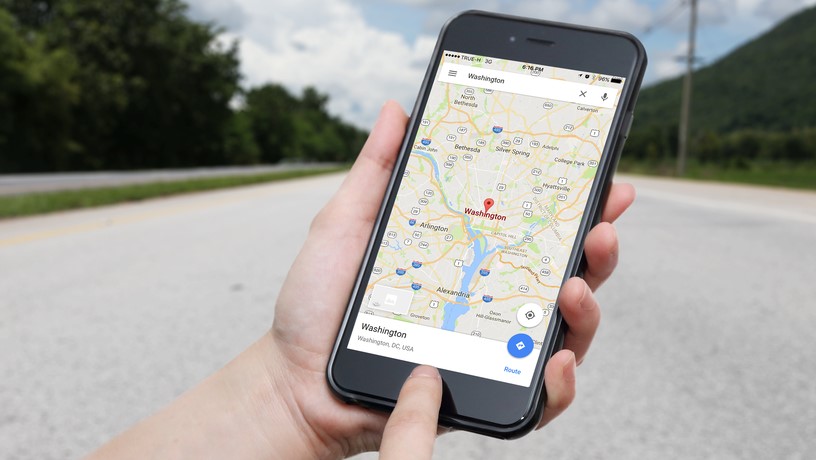Google Maps is getting an AI-boosted upgrade to be an even better navigation assistant and your personal tour guide
Navigate smarter, explore better: Google Maps' AI recommendations

It looks like Google is going all-in on artificial intelligence (AI), and following the rebranding of its generative AI chatbot from Bard to Gemini, it’s now bringing generative AI recommendations to Google Maps.
The AI-aided recommendations will help Google Maps perform even better searches for a variety of destinations, and the feature is also supposedly able to function as an advisor that can offer insights and tips about things like location, budgets, and the weather. Once the feature is enabled, it can be accessed through the search function, much like existing Google Maps features. Currently, it’s only available for US users, but hopefully, it will roll out worldwide very soon.
This upgrade of Google Maps is the latest move in Google’s ramped-up AI push, which has seen developments like AI functionality integrated into Google Workspace apps. We’ve also had hints before that AI features and functions were coming to Google Maps – such as an improved Local Guides feature. Local Guides is intended to synthesize local knowledge and experiences and share them with users to help them discover new places.
What we know about how this feature works
Android Police got a first look at how users were introduced to the new AI-powered recommendations feature. A reader got in touch with the website and explained how they were given an option to Search with generative AI in their Google Maps search bar. When selected, it opened up a page that detailed how the new feature makes use of generative AI to provide you with recommendations in a short onboarding exercise. Tapping Continue opens up the next page that provides users with a list of suggested queries like nearby attractions they can go to kill time or good local restaurants.
Similarly to ChatGPT, Google Maps apparently also includes tips toward the bottom of that page to help you improve your search results. Users can add more details to finetune their search like their budget, a place or area they might have in mind, and what the weather looks like when they’re planning to go somewhere. If you select one of these suggested queries, Google Maps will then explain how it would go through the process of selecting specific businesses and locations to recommend.
When the user doesn’t specify an area or region, Google Maps resorts to using the user’s current location. However, if you’d like to localize your results to an area (whether you’re there or not), you’ll have to mention that in your search.
After users try the feature for the first time and go through the short onboarding in Maps, they can access it instantly through the search menu. According to Android Police, Search with generative AI will appear below the horizontal menu that lists your saved location such as Home, Work, and so on.
Sign up for breaking news, reviews, opinion, top tech deals, and more.
A promising feature with plenty of potential
Again, this feature is currently restricted to people in the US, but we hope it’ll open up to users in other regions very soon. Along with AI recommendations, Google Maps is also getting a user interface redesign aimed at upgrading the user experience.
While I get that some users might be getting annoyed or overwhelmed with generative AI being injected into every part of our digital lives, this is one app I'd like to try when equipped with AI. Also, Google is very savvy when it comes to improving the user experience of its apps, and I’m keen to see how this feature’s introduction plays out.
You might also like
Kristina is a UK-based Computing Writer, and is interested in all things computing, software, tech, mathematics and science. Previously, she has written articles about popular culture, economics, and miscellaneous other topics.
She has a personal interest in the history of mathematics, science, and technology; in particular, she closely follows AI and philosophically-motivated discussions.